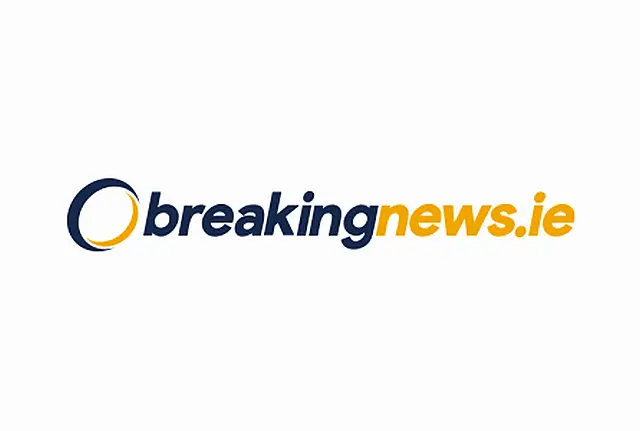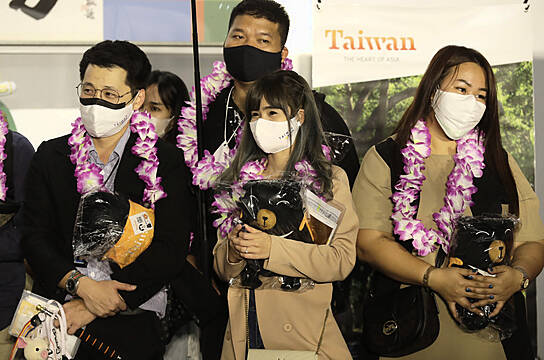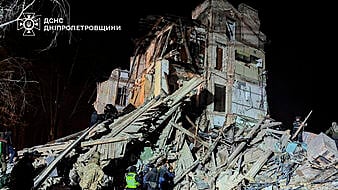Taiwan has lifted all of its Covid-19 entry restrictions, allowing tourists unfettered access to the self-ruled island after more than two-and-a-half years of border controls.
Hong Kong and Taiwan, together with mainland China, have long-required most visitors to complete a mandatory quarantine period throughout the pandemic, even as most countries reopened their borders to tourists.
Visitors are no longer required to quarantine upon entry, or take any PCR tests. Instead, they will need to monitor their health for a week after arriving, and obtain a negative result on a rapid antigen test the day they arrive.
If people want to go out during the week-long monitoring period, they need a negative test from either that day or the day before.

There are also no longer any restrictions on certain nationalities being allowed to enter Taiwan.
Dozens of visitors from Thailand were among the first to arrive under the new rules at Taiwan’s Taoyuan International Airport, which serves the capital Taipei, on a Tiger Air flight that landed shortly after midnight.
Tourists like 32-year-old Mac Chientachakul and his parents were excited to visit the island.
“Hot pot is my favourite dish in Taiwan,” Mr Chientachakul said. “It’s my first thing to do… I miss it so much.”
Sonia Chang, a travel agent, said the changes are good for both the the tourism industry and Taiwanese residents, who can now travel abroad without having to quarantine when they get home.
At a welcome ceremony in the Taoyuan airport’s arrival hall, the travellers from Thailand were met by the Taiwan Tourism Bureau’s director, Chang Shi-chung, who handed out gifts.
Taiwan’s tourism bureau estimated that a total of 244 tourists from some 20 tour groups will arrive on Thursday.
With both Hong Kong and Taiwan getting rid of restrictions and welcoming back tourists, mainland China remains one of the few places in the world adamant in keeping borders closed and sticking to a “zero-Covid” strategy to stamp out the virus.
Hong Kong ended its mandatory quarantine policy for inbound travellers late last month, requiring just a three-day self-monitoring period.







